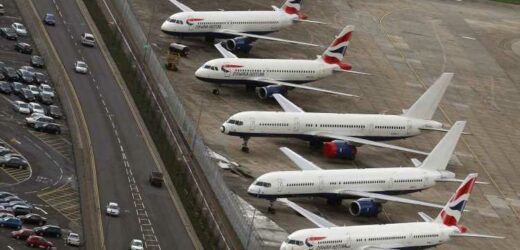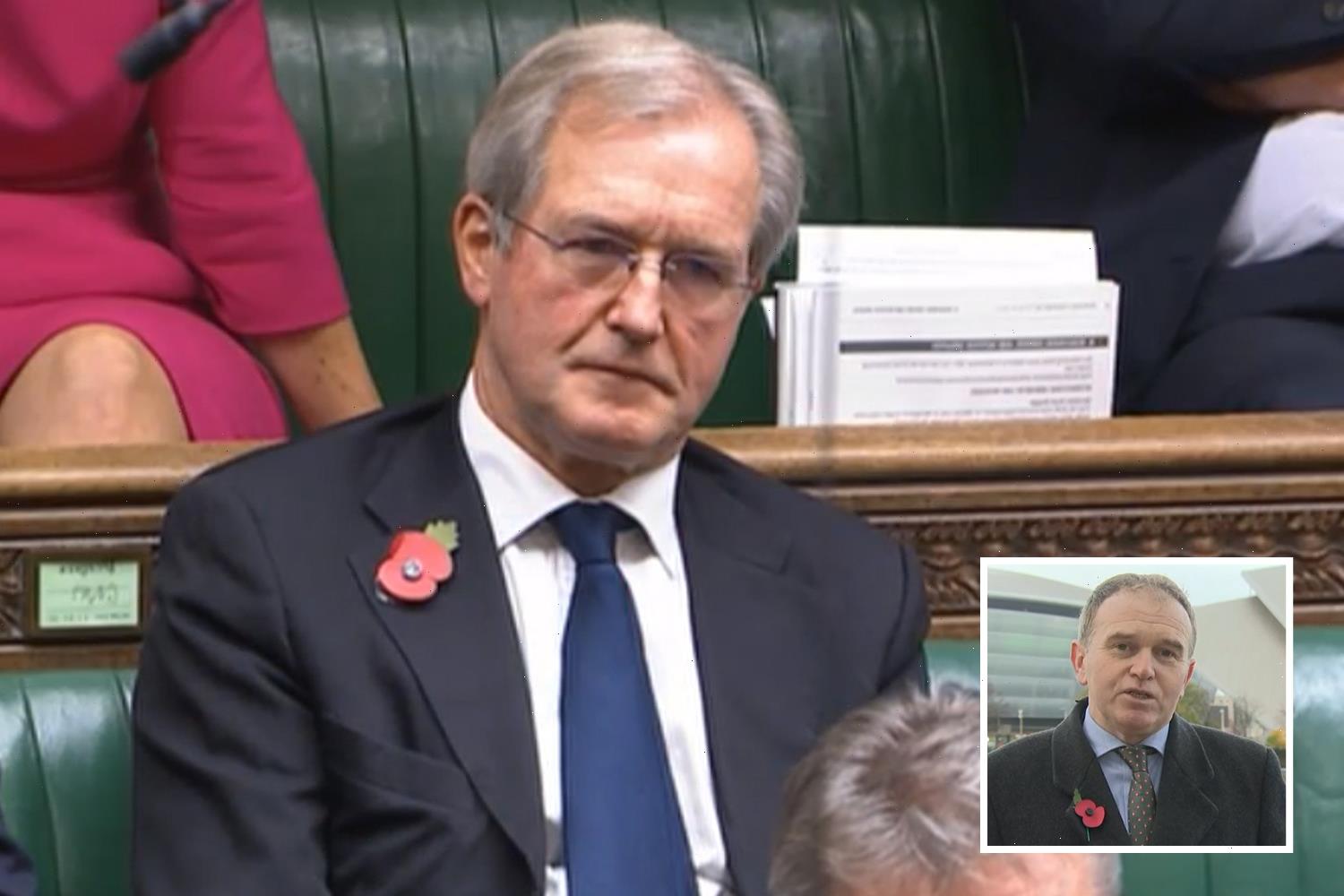HEATHROW Airport is the UK's largest airport, welcoming millions of travellers a year.
Yet frequent fliers may be surprised to hear that it wasn't always called Heathrow Airport.
The airport celebrates its 75th anniversary this year, having first been established in 1946.
Despite this, the site of Heathrow was a private airfield back in 1929, operated by British aircraft manufacturer Fairey Aviation.
It was first known as the Great West Aerodrome, only to be demolished in 1944.
It then opened in 1946, and started operating its first commercial flights – but was called London Airport.
Yet as air travel started to boom, with millions travelling through the airport by the 1960s, it resulted in the opening of London Gatwick Airport in 1958.
However, it quickly became apparent that it would be confusing to have both a London Airport and a London Gatwick Airport.
Therefore the airport was named London Heathrow in 1966.
The name came from its location, being built in a hamlet Heath Row.
It was very nearly called ‘Swintonfield’ after the first Minister of Civil Aviation, Lord Swinton, although this was quashed.
And Heathrow Airport nearly went through another name change in the 90s, with some wanting to rename it after Winston Churchill, although this was never introduced.
Since then, Heathrow Airport has been joined by London Gatwick, London Stansted, London City and London Luton airports.
It was also the third busiest airport in the world by international passenger traffic in 2020 – although lost its crown as being the busiest in Europe to Paris this year.
We've rounded up the creepiest abandoned airports in the world which include Nazi-built terminals and destroyed runways.
And Denver International Airport has even been a magnet for conspiracy theorists over the years.
Here are some of the best airport hacks to remember next time you travel.
Source: Read Full Article






